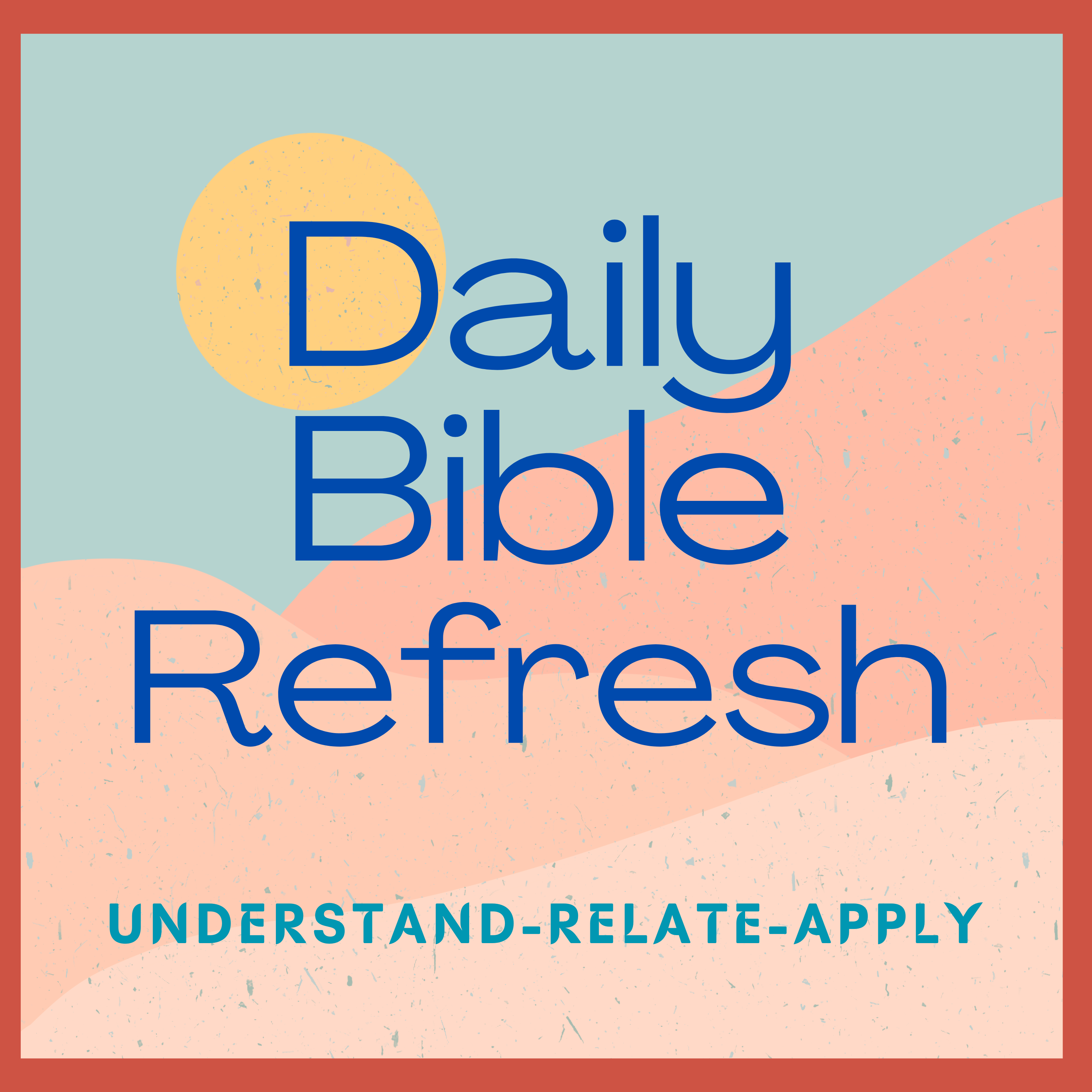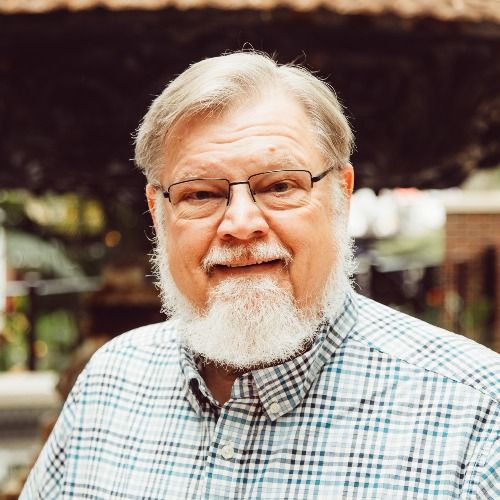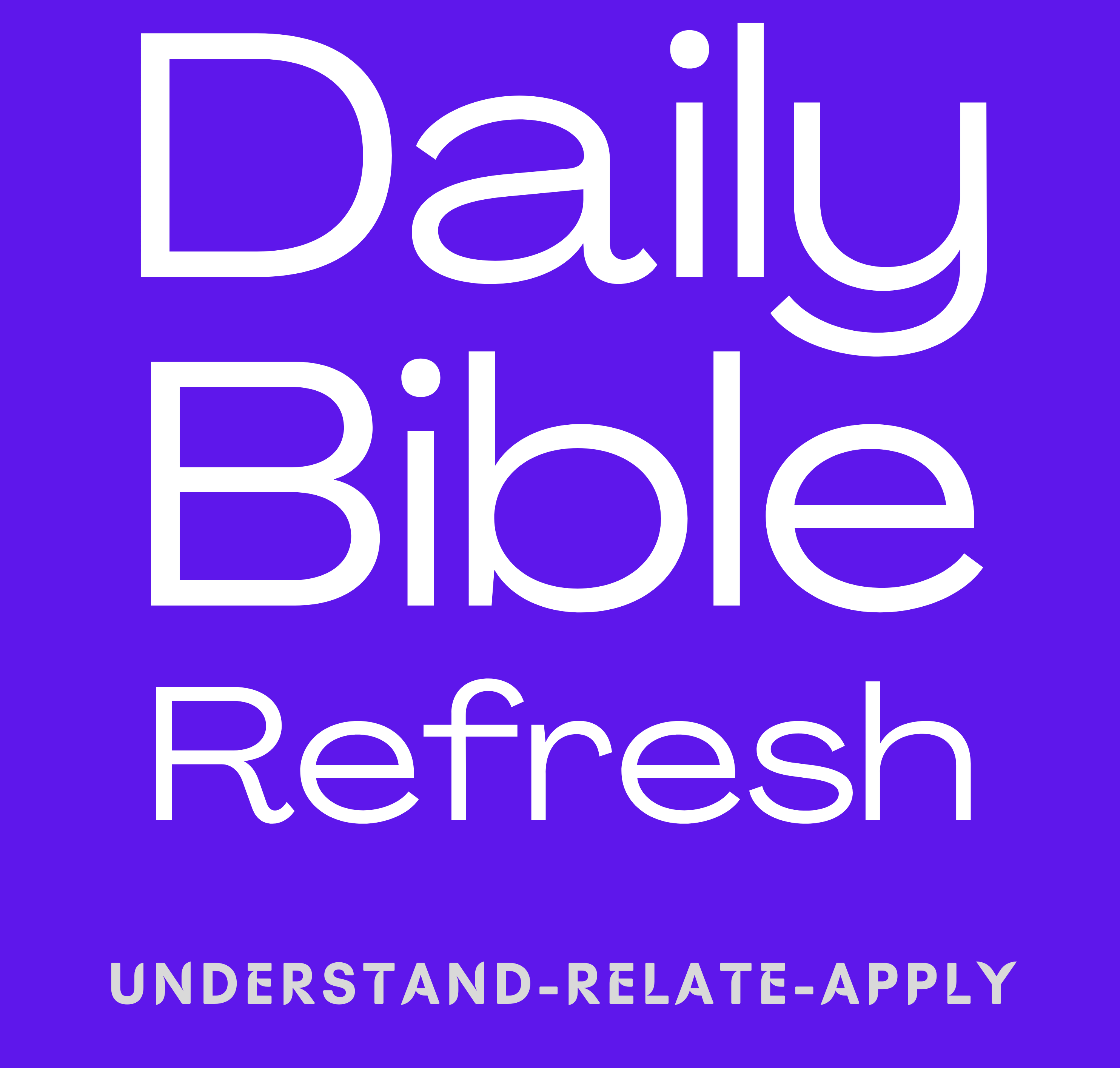Episode 953
Faith as Resistance: Choosing the Hard Path Hebrews 11:17-28
Faith is resistance, and this episode delves into the profound implications of choosing the arduous path over the easier one. We examine the biblical narratives of Abraham, Moses, and others, whose acts of faith reflect a steadfast commitment to justice and solidarity with the oppressed. Through the lens of Hebrews 11:17-28, we analyze how these figures made radical choices that challenged the status quo and prioritized the welfare of future generations over personal comfort and security. I urge listeners to contemplate their own lives and identify areas where they might maintain complicity with injustice. Ultimately, we are invited to engage with our faith in a manner that fosters resistance against oppression and promotes a more equitable future for all.
The discourse presented herein elucidates the profound theme of faith as a form of resistance, encapsulating the essence of Hebrews 11:17-28. The narrative meticulously examines the pivotal moments in the lives of Abraham, Isaac, Jacob, Joseph, and Moses, each character embodying a distinct manifestation of faith that transcends mere adherence to dogma. For instance, the account of Abraham's willingness to sacrifice Isaac is not merely a testament to blind obedience; rather, it reflects a deeper, more radical trust in the divine's promise of life and resurrection. This interpretation invites listeners to reconsider traditional theological frameworks that may inadvertently endorse harmful ideologies of violence and submission. Through a progressive lens, we are encouraged to perceive faith not as an obligation to authority, but as an active, transformative resistance against oppression, emphasizing the importance of empathy and justice in our spiritual journeys.
Furthermore, the narrative progresses to the account of Moses, who consciously chose to forgo the comforts of Egyptian royalty to stand in solidarity with the oppressed. This bold decision highlights a critical truth: that authentic faith often necessitates sacrificing personal security for the sake of justice. Such choices compel us to interrogate our own positions of privilege and the implications they carry in the contemporary societal landscape. In juxtaposing Moses' actions against modern prosperity gospel narratives, the discourse challenges us to reflect on our values and our commitment to social equity. The exploration of generational vision, as depicted through the actions of Joseph and Moses' parents, further deepens this reflection, urging us to contemplate how our present decisions impact future generations, particularly in the realms of climate justice and systemic inequality.
In conclusion, the episode culminates in a call to action, urging listeners to identify areas in their lives where comfort might equate to complicity in injustice. This practical step towards solidarity with marginalized communities is framed not merely as an individual endeavor but as a collective movement towards a more just and equitable future. By documenting our experiences and the insights gleaned from stepping beyond our comfort zones, we align ourselves with the legacy of those who have resisted oppression throughout history, thereby reinforcing our commitment to faith as a dynamic resistance against injustice.
Takeaways:
- Faith is a profound expression of trust in life's resilience and the ultimate triumph of love over violence.
- The story of Abraham and Isaac should be understood as a challenge to harmful interpretations of faith.
- Moses' choice to align with the oppressed over privilege exemplifies the essence of authentic faith.
- Generational vision prompts us to reflect on how our actions today shape future possibilities.
- Identifying areas of comfort that contribute to injustice is crucial for meaningful action and solidarity.
- We must prioritize justice and solidarity over personal comfort, embodying a faith that acts against oppression.
Links referenced in this episode:
The "Daily Bible Refresh" is presented each day by Rev. Dr. Brad Miller who has a goal of speaking a bit of the bible into two million ears (one million people) in three years (2025-2028).
He is the author of "The A, B, C-1,2,3 Bible Study Guide" Free to you by clicking HERE.
Brad served as a local church pastor for forty years and has a background in radio and podcasting. Moreover, he is a life-long student of The Bible.
He believes in the words of Jesus that “scripture is fulfilled in your hearing” (Luke 4:21)
The "Daily Bible Refresh" is available seven days a week by 6:00 am ET. The episodes are no longer than ten minutes long and are...
- Understandable: A reading from the New Testament (usually the Gospel) selected from the Revised Common Lectionary using "The Message" translation.
- Relatable: You will have a couple of "points to ponder" from the text which will relate to your life
- Applicable: Every episode includes a way you can take action based on the reading
- A recommended resource to help you go deeper in biblical study and spiritual direction.
- A prayer for your day.
A companion resource to the Voice of God Daily Podcast is the “ABC Bible Study Guide” available by clicking HERE.
The "Daily Bible Refresh" is available every day at VoiceofGodDaily.com on Apple Podcasts, Spotify and all major podcast directories.
You can help Dr. Brad attain his goal of getting a bit of the bible into two million ears by subscribing to "Daily Bible Refresh" on Apple Podcasts, leaving a five-star rating, and writing a review. More importantly please share with your network of family and friends about the "Daily Bible Refresh".
Please make listening to the "Daily Bible Refresh" a part of your daily life.
Remember… “All scripture is God-breathed and useful”(2 Timothy 3:16)
Transcript
This is your daily reading of the Bible from a progressive point of view.
Speaker A:In a bit I will read the New Testament lessons selected from the Revised Common Lectionary for this very day.
Speaker A:The reading is understandable.
Speaker A:I use the message version relatable.
Speaker A:Please listen to the points to ponder and applicable with action steps you can take.
Speaker A:We pray and are done in less than 10 minutes.
Speaker A:It's all brought to you by voiceofgodddaily.com which is the home of your free personal Bible Study Guide, the ABC1, 23 Bible Study Method.
Speaker A: lionaires a million people by: Speaker A:You can help by saving and subscribing to the podcast and tagging your friends.
Speaker A: reading reading from Hebrews: Speaker A:Acting in faith, he was as ready to return the promised son, his only son, as as he had been to receive them.
Speaker A:And this after he had already been told, your descendants shall come from Isaac.
Speaker A:Abraham figured that if God wanted to, he could raise the dead.
Speaker A:In a sense, that's what happened when he received Isaac back alive from off the altar.
Speaker A:By an act of faith, Isaac reached into the future as he was blessed, as he blessed Jacob and Esau.
Speaker A:By an act of faith, Jacob, on his deathbed, blessed each of Joseph's sons in turn, blessing them with God's blessing, not his own, as he bowed worshipfully upon his staff.
Speaker A:By an act of faith, Joseph, while dying, prophesied the Exodus of Israel and made arrangements for his own burial.
Speaker A:By an act of faith, Moses parents hid him away for three months after his birth.
Speaker A:They saw the child's beauty and they braved the king's decree by faith.
Speaker A:Moses, when grown, refused the privileges of the Egyptian royal house.
Speaker A:He chose a hard life with God's people rather than an opportunistic soft life of sin with the oppressors.
Speaker A:He valued suffering in the Messiah's camp far greater than Egyptian wealth because he was looking ahead, anticipating the payoff.
Speaker A:By an act of faith, he turned his heel on Egypt.
Speaker A:Indifferent to the king's blind rage, he had his eye on the one no eye can see, and he kept right on going.
Speaker A:By an act of faith, he kept the Passover feast and sprinkled Passover blood on each house so that the destroyer of the firstborn wouldn't touch them.
Speaker A:Well, my friend, in today's reflection we're really exploring these powerful stories of faith expressed through the radical choices that these people made and their resistance to oppression.
Speaker A:Let's get into some points to ponder.
Speaker A:The first is about going beyond blind obedience.
Speaker A:The Abraham and Isaac story is often misread as promoting unquestioning submission.
Speaker A:However, a progressive reading reveals something deeper.
Speaker A:Faith as trust in life's resilience and the ultimate triumph of love over violence.
Speaker A:As Abraham's faith wasn't in sacrificial violence but in divine preservation of life, this challenges interpretations that use this text to promote harmful theology or divine abuse.
Speaker A:Another point is about choosing solidarity.
Speaker A:Moses choice to reject privilege and align with the oppressed reflects a core truth.
Speaker A:Authentic faith often requires us to give up comfort and security for the sake of justice.
Speaker A:He chose a hard life with God's people rather than the opportunistic soft life with the oppressors.
Speaker A:This challenges contemporary prosperity gospel narratives and calls us to examine our own relationship with privilege.
Speaker A:One more point to ponder.
Speaker A:It's about generational vision.
Speaker A:The text shows how multiple generations acting in faith for a future they wouldn't see.
Speaker A:Joseph arranging his burial with Exodus in mind.
Speaker A:Moses his parents hiding him in defiance of an empire.
Speaker A:This invites us to consider how our own actions today shape possibilities for our future generations, particularly in relationship to climate, justice, systematic racism and economic inequality.
Speaker A:Here's an action step.
Speaker A:Identify one area where maintaining comfort means complicity with injustice.
Speaker A:Perhaps it's consumer habits that exploit workers or investments that harm the environment or silence in the face of discrimination.
Speaker A:And choose some concrete way to step out of the comfort zone and into solidarity with those seeking justice.
Speaker A:And maybe document your experience and what it teaches you about faith as resistance.
Speaker A:We're going to come back and have a closing prayer here in just a moment, but I always want you to know that we've got a resource just for you.
Speaker A:It's called the ABC 123 Bible Study Method.
Speaker A:It's going to help you with your at home Bible study practices.
Speaker A:You simply go to our website, pick it up.
Speaker A:It's a free resource.
Speaker A:Go to voiceofgoddaily.com let's pray.
Speaker A:Oh God, you are the source of courage.
Speaker A:The divine source of courage.
Speaker A:With faith demands difficult choices.
Speaker A:Help us choose justice over comfort, solidarity over security, the hard path of love over the easy road of indifference.
Speaker A:Remind us that we stand in a long line of those who dared to resist an empire who chose to align with the oppressed, who acted for our futures, they would not see.
Speaker A:Give us the courage of their vision, their faith in determination and hope.
Speaker A:We pray.
Speaker A:Amen.
Speaker A:My friend, I am delighted you you chose to join me for today's reading.
Speaker A:The Daily Bible Refresh is completely listener supported.
Speaker A: on years, a million people by: Speaker A:I would be so grateful if you would go to voiceofgodddaily.com and share your gift of any amount.
Speaker A:Thanks much.
Speaker A:My name is Dr. Brad Miller and I'll be right here tomorrow with your Daily Bible Refresh.
Speaker A:Please subscribe and tag your friends until tomorrow.
Speaker A:Remember, God's loyal love doesn't run out.
Speaker A:His merciful love hasn't dried up, it's created new.
Speaker A:Every morning.



